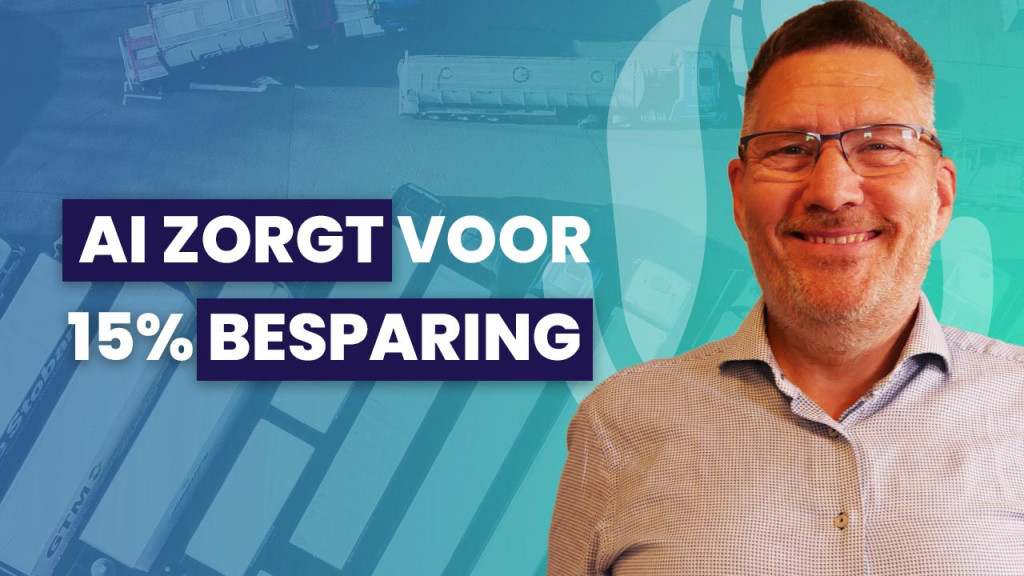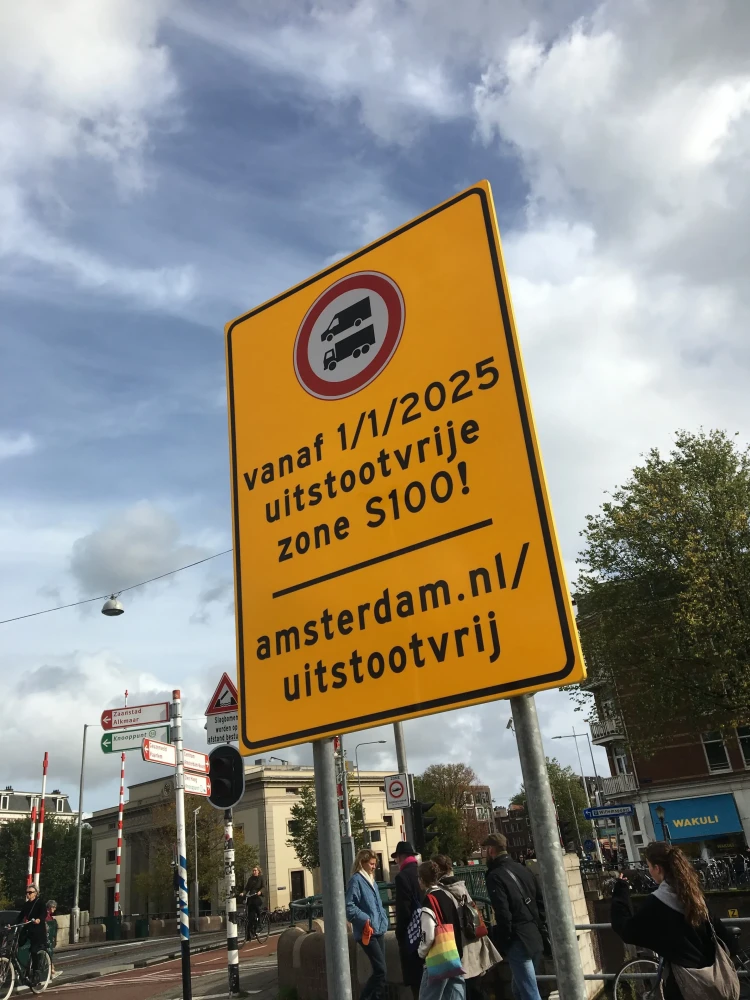According to think tank DenkWerk, whose members include chief economist Barbara Baarsma of PwC, there are still too many low-productivity jobs in the Netherlands. The labour market is tight, and we need hands in healthcare, housing and other sectors that add social value. Baarsma explicitly mentioned on [NPO Radio 1 the job of transport planner as a role that would be easy to automate.
‘For the people themselves, the work is very valuable,’ said Baarsma, ‘but for society as a whole, the work yields less than if they were working in highly productive positions.’ According to the researchers, the number of planners could fall by about 10 per cent over the next 10 years, due to automation or relocation abroad.
Is it really that black and white?
As soon as it comes to automation and AI, fear quickly strikes. After all, if an algorithm can do it too, why would you still need a planner? That reasoning is understandable, but leaves out an important point: AI is not a replacement for the planner but it is instead a tool.
During a conversation with Peters Skov of UC Group, it became clear that the power of AI lies in supporting human decisions. Route optimisation, real-time adjustments, insight into expected peak times - these are tasks where a planner can benefit from smart tools. And precisely in a sector where productivity is under pressure, technology can make all the difference.
Planners as smart linking points
The modern planner has long since ceased to be someone who tries to get planning done with just Excel and a phone. Instead, it is increasingly someone who uses data, software and real-time insights to make complex decisions. Think:
- Automatically generated routes, adjusted for traffic and occupancy
- Smart scenario analyses for peak days
- KPI dashboards for better overview and adjustment
Agility is key
The future demands agility, from companies and from people. Transport planners who develop into digital co-thinkers will soon be indispensable. And that does not require a rigorous career switch, but rather a willingness to embrace new technology.
Instead of fearing AI, planners can use technology to strengthen their profession. By investing in smarter planning systems now, logistics companies and their employees are taking steps towards a more future-proof sector.




